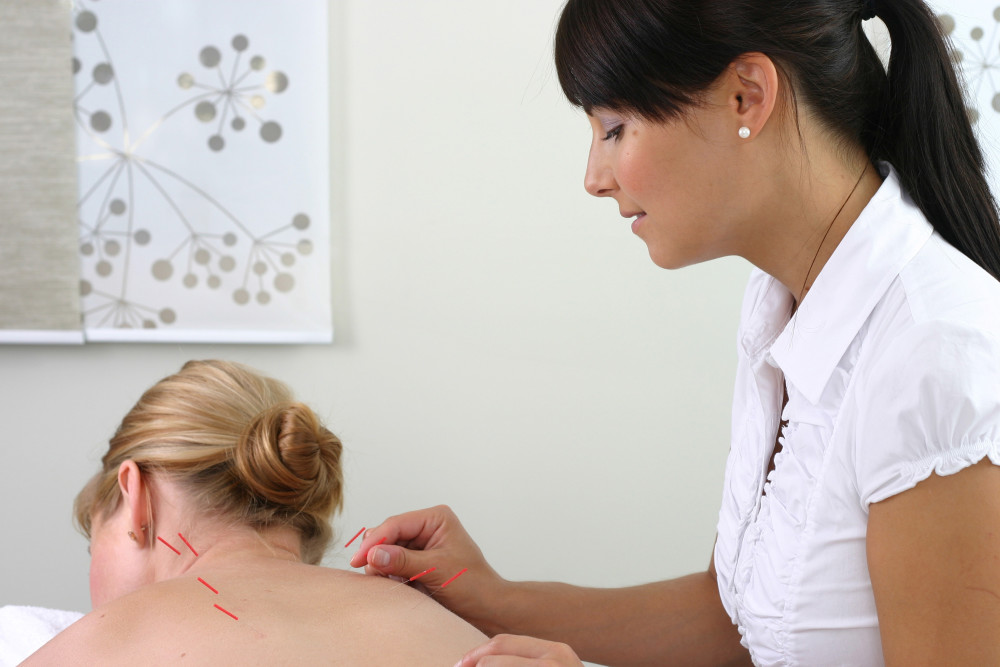By Laura French
Star Tribune (Minneapolis).
MINNEAPOLIS
Senia Mae Tuominen was an engineer in her first career. “I did fantastic in school, graduated at the top of my class,” she said. “When I started to do the work, I was miserable. I hated being in a cube, I hated being in a corporation. I wound up getting sick from pressure I was under.”
Looking for help for her allergies and stomach trouble, she went an acupuncturist. “The acupuncturist was able to get me off meds,” Tuominen said. “She taught me the link between stress and the physical issues I was having. She taught me how to choose my diet, she gave me herbs to help what was going on inside.”
For Tuominen, that visit over a decade ago was the start of healing and the first step to a new career. Tuominen went back to school and earned a master’s degree in acupuncture and Oriental medicine from Northwestern Health Sciences University in suburban Minneapolis. Making the career switch wasn’t an impulsive move. “I took six months. I went to a career counselor. I took an introduction to complementary and alternative medicine class,” she said. “I did a lot of research on where to go for schooling.”
At the time she was looking at a career change, her husband was doing a medical residency. He told her, “I’m glad you found something you like,” although he didn’t share her interest in alternative medicine. “The best moment of my entire career was when I was opening up my current location, he was helping me get things set up. He looked at me and said, ‘You have changed the way I think about medicine.’ I was completely floored,” Tuominen said.
Q: What training is required to practice oriental medicine?
A: I completed a three-year MA program. People are surprised at how much time is required. I had 3,000 hours of training in Chinese and western medicine. The internship is a year and a half.
Q: Is Oriental medicine gaining acceptance?
A: Ten years ago, acupuncture was completely a fringe medicine. People thought I was really cool to be doing it. Use doubled between 2002 and 2007. People’s mindset has really changed. They want to know how to heal themselves. We give them tools to heal themselves. It’s not mind over matter or a placebo effect. Twenty years from now, everybody is going to understand how acupuncture works.
Q: What part of your job is the most fun?
A: I love that “aha” moment when somebody gets it: “Now I know why I feel as sick as I do.” We connect the dots, their irritable bowel syndrome is related to their headaches. They say, “I’m not crazy! I thought these were linked!”
Q: What’s the biggest challenge?
A: The first thing that people ask is, “Does it hurt?” Everybody is so hung up on “does it hurt?” I want them to ask, “What is it great at treating?” I spend a lot of time giving interviews, talking about what it’s effective at treating. A lot of the research that’s done here is on back pain, PMS, fertility, the more simple diseases. In China they’re doing research on acupuncture and herbs to treat strokes, reverse heart disease, treat diabetes, treat cancer. We’re just scratching the surface here. Everybody knows acupuncture works for back pain. What can we do to further it for heart disease, cancer, strokes?














































































































































































































































































































































































